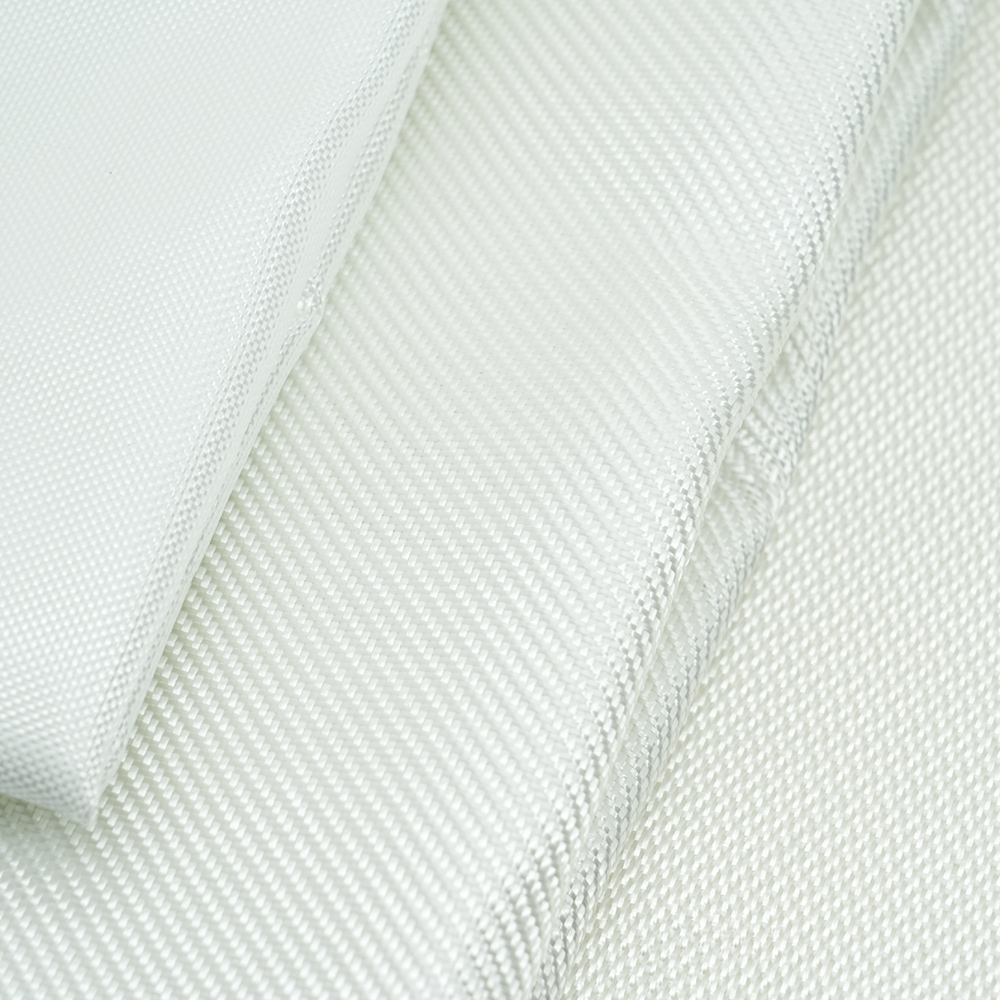
Fiberglass cloth stands as a cornerstone in the realm of composite materials, offering a blend of durability, flexibility, and lightweight properties. This material, composed of woven strands of fiberglass, has revolutionized industries ranging from aerospace to sports equipment manufacturing. Its versatility is not just a result of its physical attributes but also due to its adaptability in various applications.
The Role of Fiberglass Cloth in Composite Material Strength
The strength and resilience of composite materials significantly depend on the integration of fiberglass cloth within their structure. When embedded in a resin matrix, fiberglass cloth imparts unparalleled tensile strength and resistance to impact. This section delves into the science behind the strength enhancement provided by fiberglass cloth, exploring its contribution to the overall robustness of composite materials.
Fiberglass cloth significantly amplifies the tensile strength of composite materials, enabling them to withstand extensive pulling forces without succumbing to deformation. This attribute is crucial for applications requiring high durability and strength-to-weight ratio, such as in automotive body parts and boat hulls.
Beyond tensile strength, fiberglass cloth contributes to the exceptional impact resistance and longevity of composite materials. It disperses the force upon impact, minimizing damage and maintaining structural integrity over time. This property is particularly beneficial in protective gear and high-impact sports equipment.
Thermal Properties and Chemical Resistance
Fiberglass cloth not only provides strength but also offers excellent thermal insulation and resistance to corrosive chemicals. These characteristics extend the utility of fiberglass cloth in environments subjected to extreme temperatures or harsh chemical exposures.
With its low thermal conductivity, fiberglass cloth serves as an effective insulator, reducing heat transfer and enhancing energy efficiency in applications such as automotive exhaust systems and industrial equipment.
The inherent chemical resistance of fiberglass cloth makes it an ideal choice for applications in chemically aggressive environments. It withstands exposure to acids, bases, and solvents, ensuring longevity and reliability in chemical processing equipment and storage tanks.
Innovative Applications of Fiberglass Cloth
The versatility of fiberglass cloth extends beyond traditional uses, paving the way for innovation in various sectors. From reinforcing 3D-printed objects to creating lightweight architectural structures, fiberglass cloth continues to inspire new applications.
In the aerospace and automotive sectors, fiberglass cloth plays a pivotal role in reducing weight while maintaining structural integrity. Its application in aircraft fuselages and car bodies exemplifies the balance between performance and efficiency that fiberglass cloth enables.
The sports industry benefits from the lightweight and durable nature of fiberglass cloth, utilizing it in everything from snowboards to racing yachts. Its ability to absorb impact while retaining shape significantly enhances the performance and safety of sports equipment.
Conclusion: The Future of Fiberglass Cloth in Composite Materials
Fiberglass cloth continues to be an integral component of composite materials, offering a unique combination of strength, flexibility, and resistance properties. As technology advances, the potential applications for fiberglass cloth expand, promising innovative solutions to engineering challenges across industries. The exploration of its versatility is far from over, with ongoing research aimed at unlocking new possibilities for this remarkable material.















